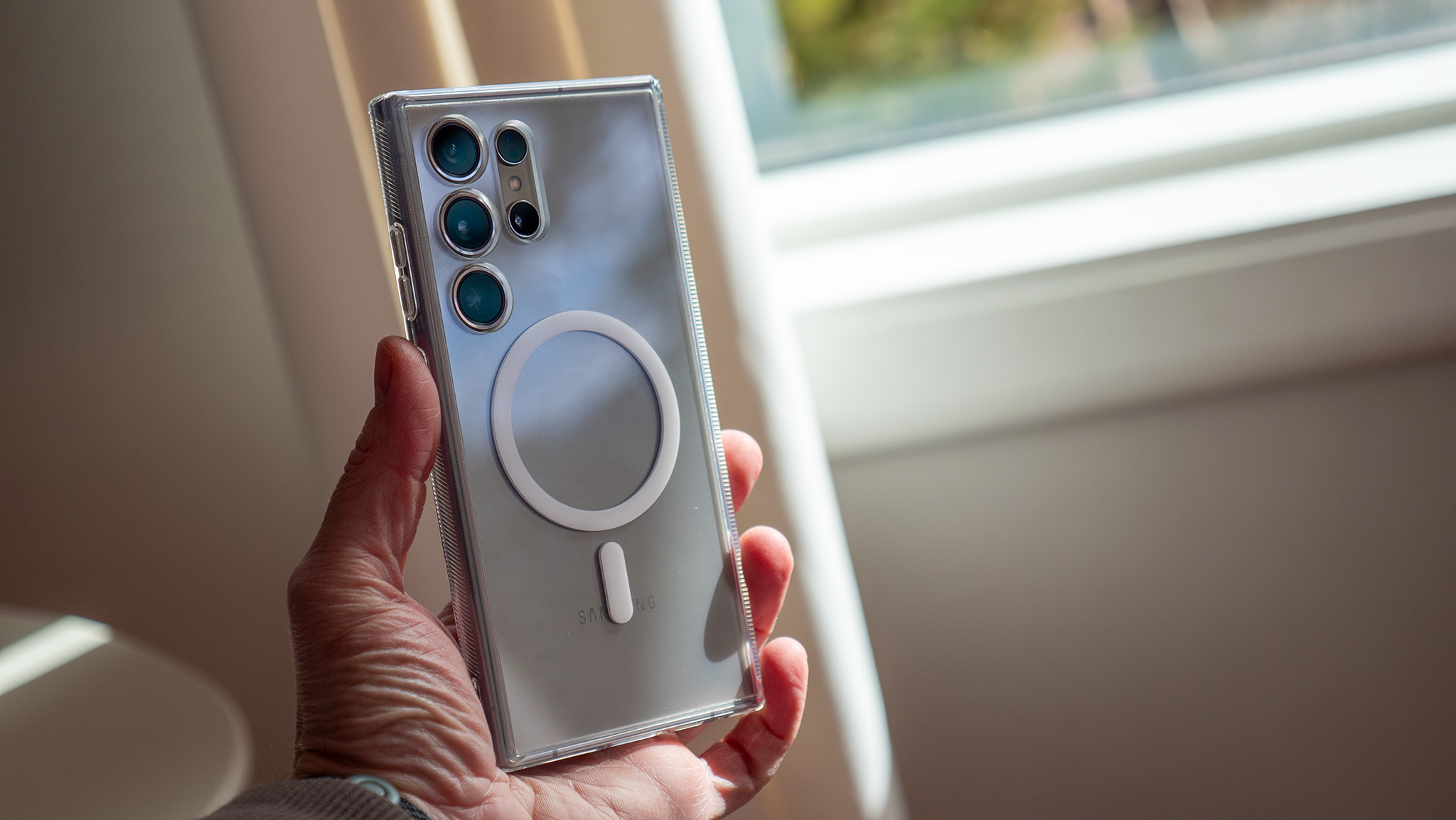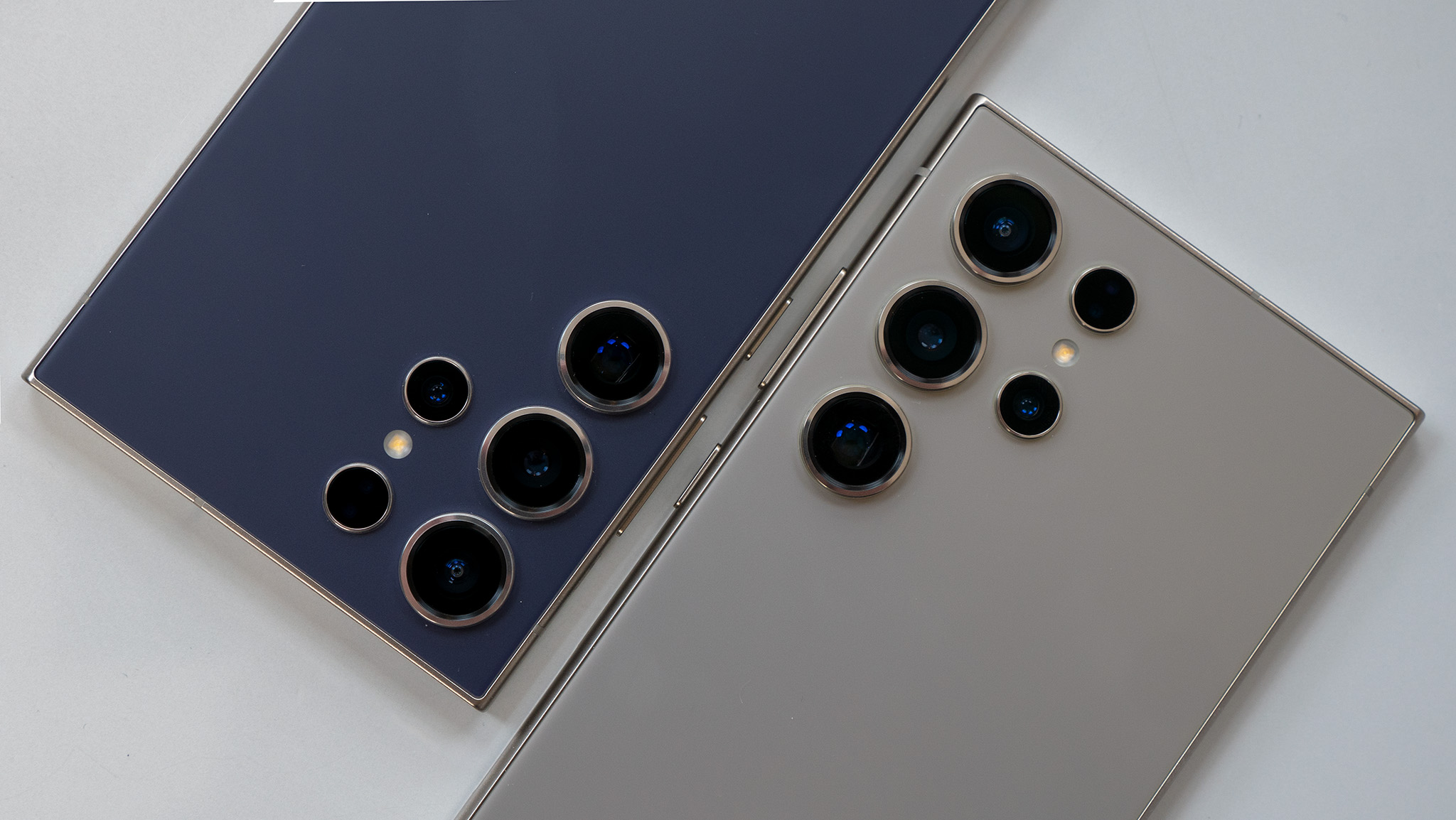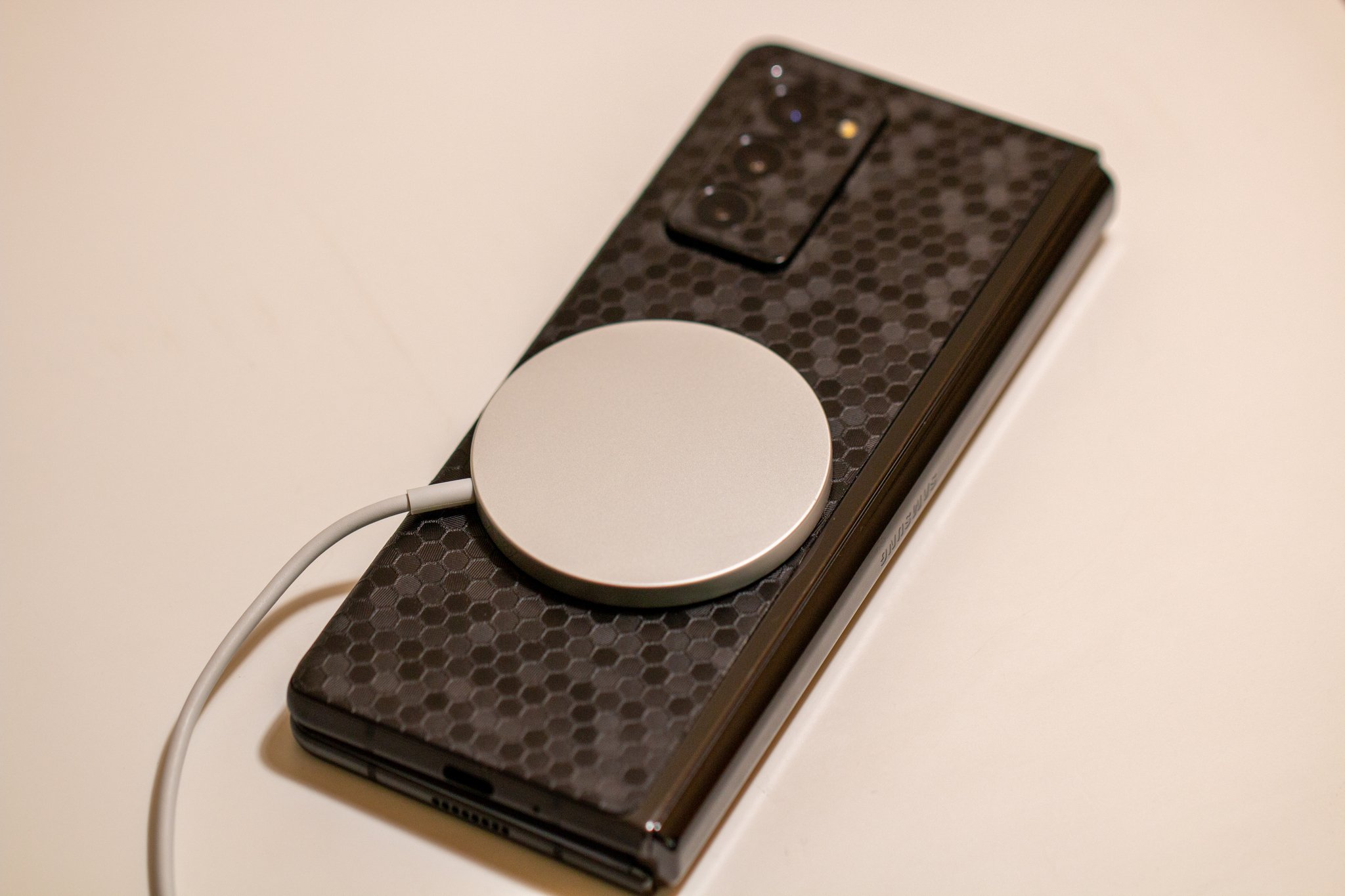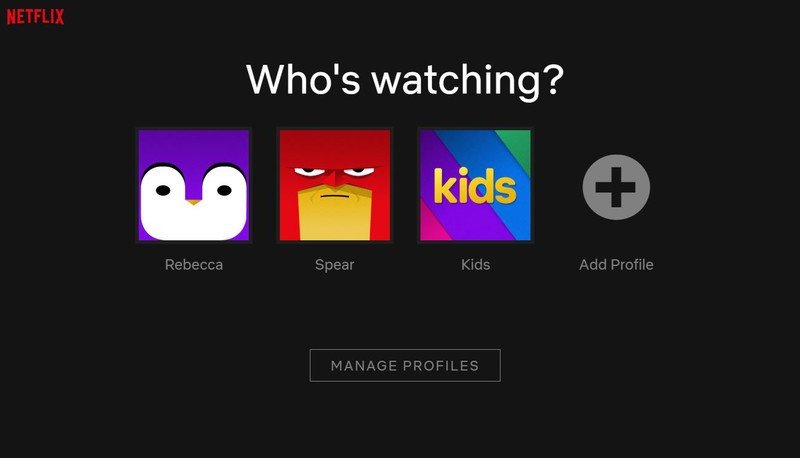Samsung dropped the ball on Qi2 with the Galaxy S24

After the World Power Consortium (WPC) announced that Qi2 was ready, it was nearly a given that the next big Android flagship launch would come with it onboard. As one of the first flagship releases of 2024, it only felt natural that the S24 series would take that role. Unfortunately, Samsung dropped the ball on Qi2 with the Galaxy S24 family of devices.
We've seen a ton of heavily AI-focused features on the S24 phones, as well as a new 50MP zoom lens on the S24 Ultra and more robust materials for improved durability. However, not much else is new with the phones, especially hardware-wise.
Samsung talked about AI for most of the duration of its Unpacked event yesterday. We also saw a Galaxy Ring teaser and some upcoming Samsung Health features, but nothing was mentioned regarding Qi2 at all. That left me wondering whether the possibility of seeing Qi2 on next year's Galaxy S25 series might even be far-fetched.

So, what gives? How could Samsung decide to skip what could have been an obvious win for the Galaxy S24? We spoke to Samsung about this, and the answer wasn't what we expected to hear.
When asked about its decision to forgo the Qi2 integration into its S24 devices, Samsung says that it continues to listen to its customer base and that "[Qi2] has not been something that has really risen to the top there."
Samsung later clarified its statement, saying that in terms of the voice of the customer and the things that the company was looking at bringing into the 24 series, "[Qi2] was one which we felt wasn't completely necessary at this point in time."
Samsung doesn't feel like it's the right time to go all-in with Qi2.
We can surmise that for some reason, Samsung doesn't feel like it's the right time to go all in with Qi2. At first, I found this a little confusing because the WPC officially launched the standard months ago.
Get the latest news from Android Central, your trusted companion in the world of Android
Also, it's not like the S24 would have been the first phone in the world to rock that feature. In fact, the entire iPhone 15 lineup already comes with Qi2 onboard, as promised by the WPC back in November 2023. This is why it felt completely logical to expect Qi2 on the Galaxy S24 series. As I mentioned earlier this week, Qi2 would have been one of the best moves on Samsung's part when it comes to the S24 series.
Samsung also explained that it's "focusing on providing extremely fast wireless charging within our devices," which is interesting because Qi2 doesn't increase the wireless charging speeds by a whole lot. For now, the speeds are up to 15W, which is the same maximum speed Samsung offers on the Galaxy S series.
And even if the wireless charging speed was the main concern, this doesn't make sense because Samsung has not changed its charging specs since the Galaxy Note 10 Plus, circa 2019. In contrast, other brands like OnePlus/OPPO, Vivo, and Xiaomi have pushed the very boundaries of wireless charging speeds in the last five years.

Not to mention, the new wireless charging standard could potentially solve all the other problems that we have with wireless charging today. Eventually, it could even be the solution to the hot, convoluted mess that is the wireless charging tech on wearables.
I was scrambling to understand the reason why Samsung deemed it unnecessary to add the Qi2 standard to its latest phones. And that's when my colleague Nick Sutrich brought something intriguing to my attention.
According to Alex Stankie, head of the product team over at the accessory brand Moment, it seems magnetic cases may be causing problems with the Galaxy S24 Ultra's S Pen.
Cases with MagSafe and Qi2 magnets may break S Pen functionality on #GalaxyS24 . Working on a fix… @SamsungMobile #SamsungUnpackedJanuary 18, 2024
To put things in perspective, this isn't some random guy on the internet. Moment is a brand that specifically develops add-ons for popular iOS and Android phones, with a big emphasis on MagSafe support. If the head of product at such a company says something about MagSafe causing trouble for the S Pen, it carries a lot more weight.
It's too early to say whether this is exclusive to Moment's own magnetic cases and gear or it's a widespread issue. Nick, who is currently testing the S24 Ultra for Android Central, has not faced any such problems with his Caseborne MagSafe case and the S24 Ultra's S Pen so far.
This could potentially explain why Samsung skipped Qi2 with the S24 series. If the S Pen stops working a few months into the release, this could be a horrible fiasco for the company. My guess is that Samsung wants to be at least around 99% certain that the new standard will play nice with its own tech.
Whatever the case, this still doesn't take away from the heavy disappointment I felt at the S24 launch, and I'm sure a lot of people agree with me. One look at all the best cases for the S24 Ultra, S24 Plus, and S24 will tell you that magnetic wireless charging is a highly coveted feature that's only rising in popularity.
Let's hope Samsung finds a way to fix this. However, it's more than likely that another brand is going to steal the thunder that could have been theirs. My money's on Google now. Even if we don't see Qi2 on the Galaxy S25, it's highly probable that the Pixel 9 could debut the standard in the Android space.
Updated January 21, 2024: Following more testing, Android Central's Nick Sutrich and Namerah Saud Fatmi have confirmed that some MagSafe cases interfere with the S Pen's functionality on not just the S24 Ultra, but on the S23 Ultra and S22 Ultra as well. The severity of the problem differs depending on the type of accessory and strength of the magnet. Select MagSafe cases do not cause this malfunction at all.

Namerah enjoys geeking out over accessories, gadgets, and all sorts of smart tech. She spends her time guzzling coffee, writing, casual gaming, and cuddling with her furry best friends. Find her on Twitter @NamerahS.
